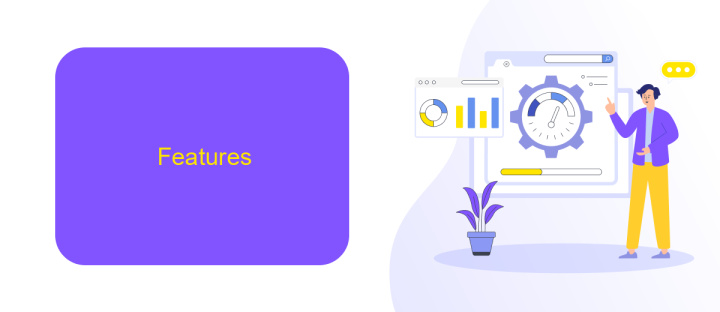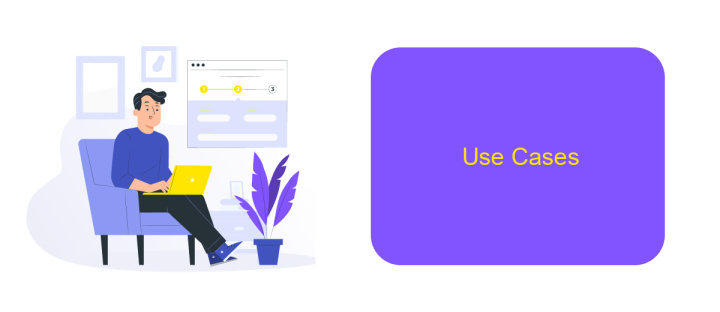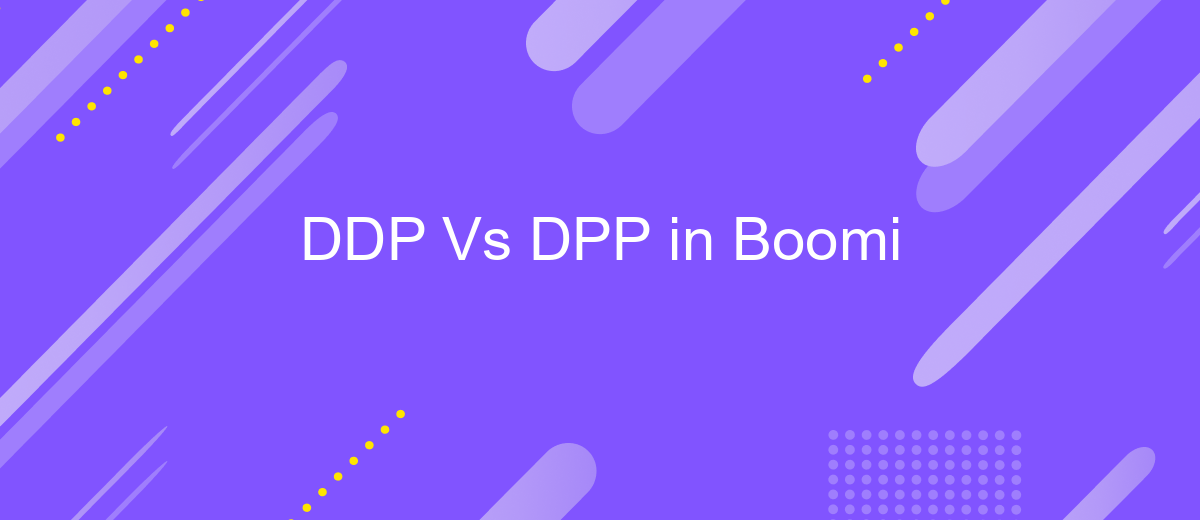DDP Vs DPP in Boomi
In the realm of integration platforms, Dell Boomi stands out with its versatile capabilities. Among its features, Dynamic Document Properties (DDP) and Dynamic Process Properties (DPP) play crucial roles in streamlining data management and process automation. This article delves into the distinctions and applications of DDP and DPP, offering insights to help you leverage these tools effectively in your Boomi projects.
Overview
When comparing DDP (Dynamic Data Platform) and DPP (Data Processing Platform) in Boomi, it's essential to understand their distinct functionalities and use cases. Both platforms are designed to facilitate data integration and management, but they cater to different needs within an organization.
- DDP: Focuses on real-time data processing and integration, providing immediate insights and actions.
- DPP: Specializes in batch data processing, handling large volumes of data efficiently over a set period.
- ApiX-Drive: A versatile tool that can enhance both DDP and DPP by automating integrations and streamlining data workflows.
Choosing between DDP and DPP depends on your specific business requirements. If you need real-time data handling, DDP is the way to go. For extensive data processing tasks, DPP offers robust capabilities. Additionally, leveraging tools like ApiX-Drive can further optimize your integration processes, ensuring seamless and efficient data management.
Features

DDP (Data Distribution Platform) and DPP (Data Processing Platform) in Boomi offer distinct features tailored to specific integration needs. DDP focuses on the efficient distribution of data across various endpoints, ensuring that data is consistently and accurately delivered to the required destinations. This platform excels in managing real-time data streams, making it ideal for scenarios where timely data delivery is critical. Additionally, DDP provides robust monitoring and alerting mechanisms to ensure data integrity and reliability throughout the distribution process.
On the other hand, DPP emphasizes the processing and transformation of data before it reaches its final destination. This platform is designed to handle complex data workflows, including data cleansing, enrichment, and validation. It supports advanced data manipulation capabilities, enabling users to customize data flows according to specific business requirements. For instance, integrating with services like ApiX-Drive can further enhance DPP's capabilities by automating data transfers and synchronizing information across multiple applications seamlessly. Both platforms offer comprehensive support for various data formats and protocols, ensuring flexibility and scalability in integration projects.
Benefits

When comparing DDP and DPP in Boomi, it's essential to understand the unique benefits each offers. Both approaches have their strengths, but the choice largely depends on specific business needs and integration requirements.
- Efficiency: DDP (Document Distribution Protocol) generally provides faster data transfer rates, which can be crucial for time-sensitive processes.
- Flexibility: DPP (Document Processing Protocol) offers greater flexibility in handling complex data transformations and business logic.
- Scalability: Both DDP and DPP can scale effectively, but DPP's ability to manage intricate workflows makes it more suitable for growing businesses.
For businesses looking to streamline their integrations, services like ApiX-Drive can be incredibly beneficial. ApiX-Drive simplifies the integration process, allowing companies to connect various applications without extensive coding. This can be particularly advantageous when implementing DDP or DPP in Boomi, as it reduces the complexity and time required for setup, ensuring a smoother and more efficient integration experience.
Use Cases

When choosing between DDP (Data Distribution Platform) and DPP (Data Processing Platform) in Boomi, it's essential to consider their specific use cases. Both platforms offer distinct advantages depending on the requirements of your integration and data management needs.
DDP is particularly useful for scenarios where real-time data distribution is critical. This platform excels in environments that demand immediate data synchronization across multiple systems. On the other hand, DPP is ideal for complex data processing tasks that involve significant data transformation and enrichment before the data is distributed to various endpoints.
- Real-time data synchronization across CRM, ERP, and other enterprise systems
- Batch processing and data transformation for analytical purposes
- Automated data workflows for marketing campaigns and customer engagement
- Integration of various APIs using tools like ApiX-Drive for seamless data flow
By understanding the unique strengths of DDP and DPP, organizations can better align their integration strategies with their business objectives. Utilizing tools like ApiX-Drive can further enhance these platforms by providing robust API integration capabilities, ensuring a smooth and efficient data management process.
Comparison
When comparing DDP (Dynamic Document Properties) and DPP (Dynamic Process Properties) in Boomi, the primary distinction lies in their usage and scope. DDPs are utilized to manage document-specific data, allowing for dynamic manipulation of document properties during the integration process. This is particularly useful in scenarios where document metadata needs to be adjusted or accessed, providing a flexible approach to document handling within integrations.
Conversely, DPPs are designed to handle process-level variables that influence the overall workflow of an integration. DPPs offer a broader scope, impacting the entire process rather than individual documents. This makes them ideal for setting global parameters or configurations that need to be consistent across multiple steps of an integration. For those looking to streamline integration setups, platforms like ApiX-Drive can be invaluable. ApiX-Drive simplifies the process of configuring integrations by providing user-friendly tools that support both document and process-level customizations, ensuring seamless and efficient data workflows.


FAQ
What is the primary difference between DDP and DPP in Boomi?
When should I use DDP over DPP in Boomi?
Can DDP and DPP be used together in a Boomi process?
How can I automate the configuration of DDP and DPP in Boomi?
Are there any limitations to using DDP and DPP in Boomi?
Apix-Drive is a simple and efficient system connector that will help you automate routine tasks and optimize business processes. You can save time and money, direct these resources to more important purposes. Test ApiX-Drive and make sure that this tool will relieve your employees and after 5 minutes of settings your business will start working faster.

